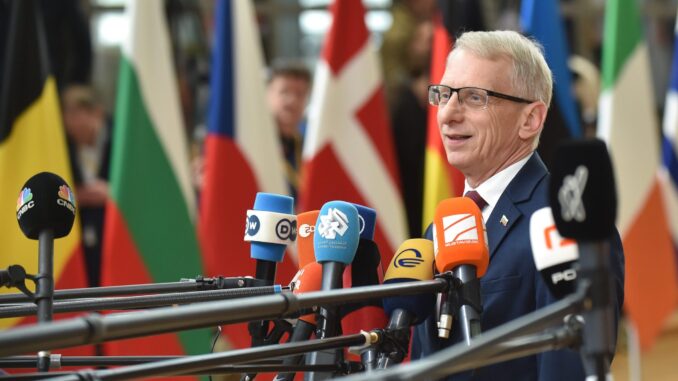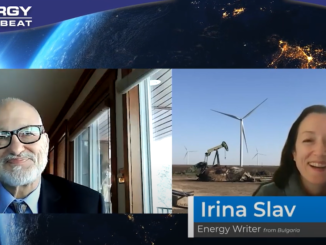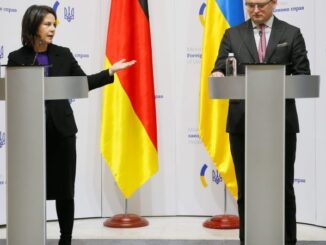
Bulgaria has announced that it will remove the tax on the transfer of Russian gas passing through its territory in transit after Hungary threatened to block its application to join the Schengen area, the British newspaper revealed The Financial Times.
Romania and Bulgaria have been waiting more than a decade to win unanimous approval from European Union countries for Schengen membership, and their efforts were recently renewed after Austria announced its willingness to lift its veto in exchange for meeting other migration-related demands.
“But on Monday, Budapest issued an ultimatum on gas at a meeting of EU officials in Brussels,” the paper said, citing three sources briefed on the progress of the discussions.
The threat is Hungarian Prime Minister Viktor Orbán’s latest move to undermine EU consensus ahead of this week’s leaders’ summit, where he has vowed to block financial and political support for Ukraine, the paper said.
“This is our old friend Orban again,” said a diplomat with direct knowledge of the situation. “They are linking all the issues and blocking them,” added a second person.
The Hungarian leader, considered Vladimir Putin’s closest partner in the EU and NATO, has previously criticized the tax that Bulgaria introduced for transit through one of the last remaining routes for the supply of blue fuel from Russia after the start of the war in Ukraine.
Bulgaria introduced an excise tax of BGN 20 per megawatt hour of transit Russian gas in October, the revenue from which has not yet been collected. The main goal is to push the Russians out of the European market, explained the authorities in Sofia. The tax will be imposed on Gazprom, not the buyers of its gas, but Hungary and Serbia have warned that the measure threatens their imports.
Hours after Hungary’s threat, the leaders of Bulgaria’s two main government parties announced at a press briefing that they would delay the gas transit fee to avoid damaging “upstream countries” and jeopardizing Bulgaria’s Schengen hopes. .
“We should not miss this chance because of the tax,” said Boyko Borisov, former prime minister and leader of the center-right GERB party.
The Bulgarian government said it was still looking for an equivalent of the gas transit tax at the EU level in a bid to maintain pressure on member states to give up energy imports from Russia.
About half of Russian pipeline supplies to the region pass through Bulgaria, with Hungary being one of the main end customers. Budapest has successfully fought to delay and secure an exemption from EU sanctions and bans aimed at weaning the bloc’s dependence on Russian fossil fuels, with Orbán claiming he is following geopolitical and “physical reality” by refusing to seek alternative suppliers.
Hungarian government officials have not commented on the publication’s sources’ claims.
“It’s hard to understand exactly what Orbán wants from all this,” said a third EU diplomat who participated in the discussions with the Hungarians this week. “The only conclusion . . . is that he has decided that now is the time to block everything possible.”
In turn, the edition Hungary Today notes that from Budapest’s point of view the postponement of the transit fee is of particular importance, since the main route for the majority of the natural gas delivered to the country under the long-term contract with Gazprom is the Turkish Stream gas pipeline passing through Bulgaria . “Gazprom” had to pay a separate fee for this – although it did not do it and had no intention of doing it,” the editors emphasize.
The measure was also strongly criticized by Greece and North Macedonia, the publication adds.
“Criticisms from the Hungarian and Greek sides are relevant, because these two countries will also vote for Bulgaria’s entry into the Schengen area,” recalls Hungary Today.



